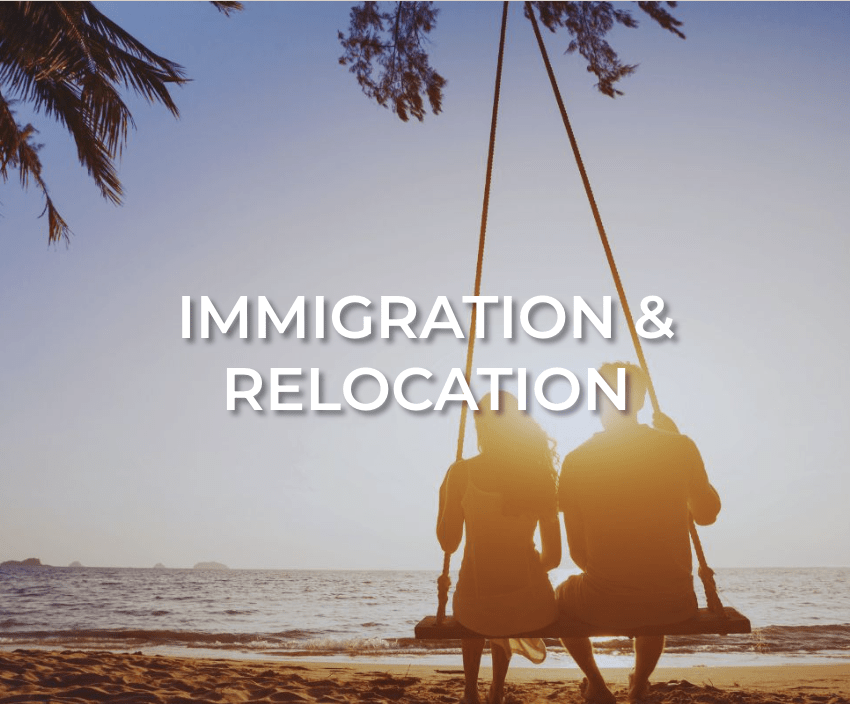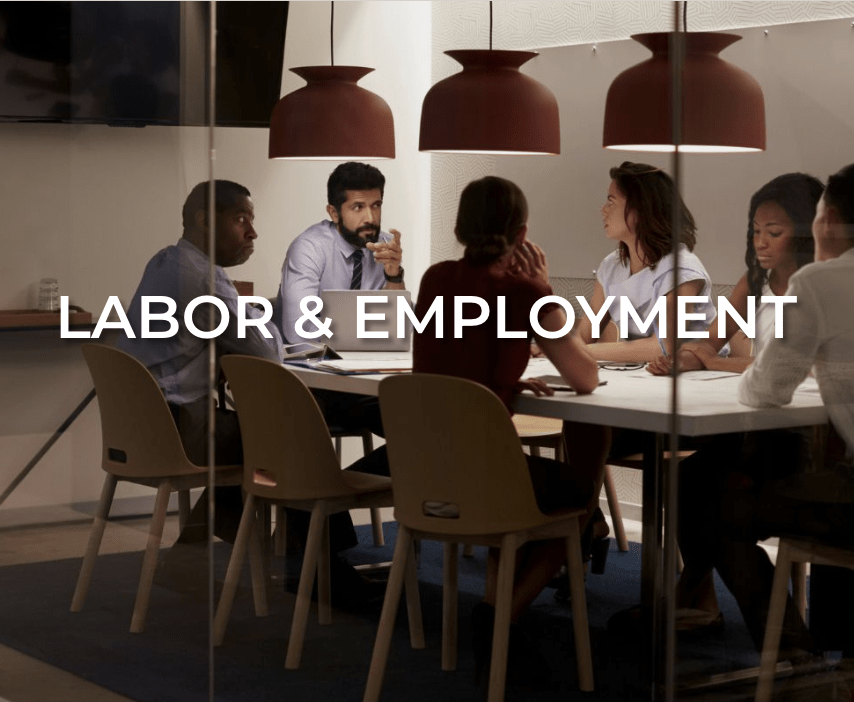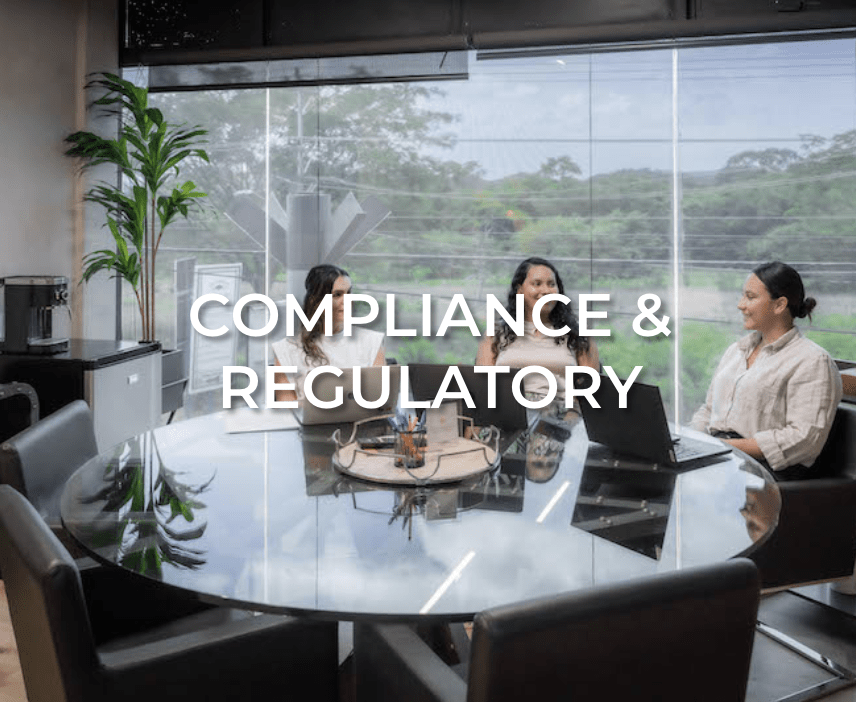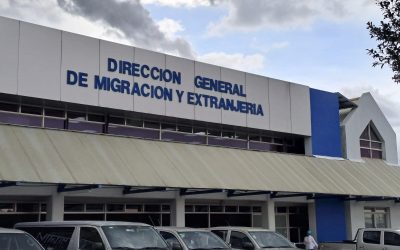

What Is The Difference Between A Costa Rican Visa, A Costa Rican Citizenship And Costa Rican Residency?
by Quatro Legal Immigration Team | Jan. 2, 2024 | Article, Immigration
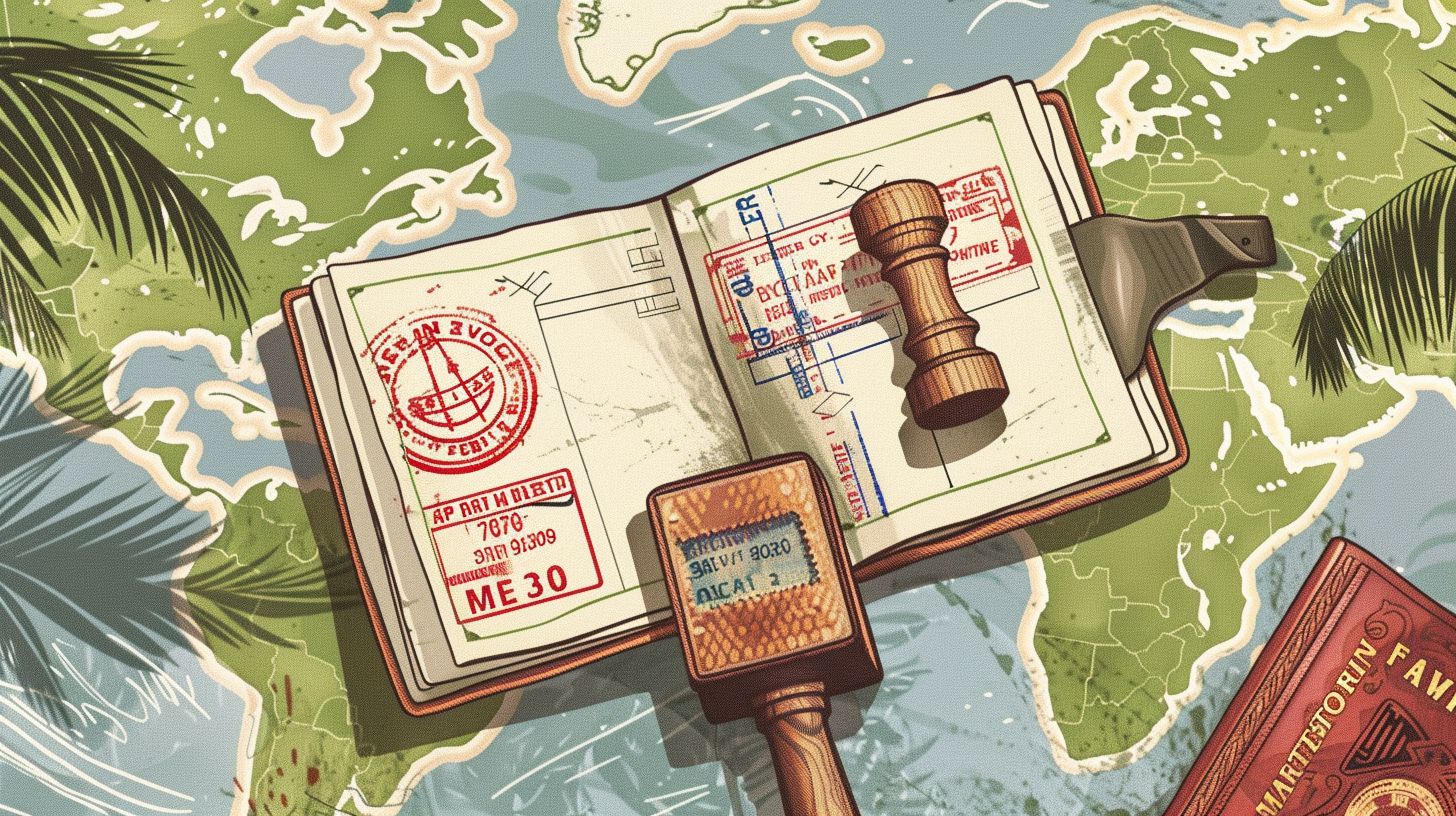
Moving to Costa Rica offers exciting possibilities, from its lush rainforests to its vibrant culture. Yet, understanding the legal pathways can seem complex. This blog aims to simplify these details by distinguishing between three crucial concepts: a Costa Rican visa, residency, and citizenship.
● A Costa Rican visa is your entry ticket into the country. It’s what you need to visit, whether for fun or business but doesn’t allow you to stay indefinitely. Think of it as your pass for up to 180 days of adventure or work meetings in this tropical paradise.
● Residency in Costa Rica steps up the game by allowing you longer stays. With temporary residency, you live like a local but with some limits—like not being able to earn money from a Costa Rican company.
● Permanent residency removes most restrictions and lets you fully enjoy living and working here without constantly watching the calendar.
● Then there’s citizenship—a step further that makes you an official part of the country with a Costa Rican passport in hand. This status opens doors worldwide and connects you deeply with this nation’s heart.
Quatro Legal brings nearly two decades of expertise in managing these processes smoothly for expatriates dreaming of life in Costa Rica. Our goal? To guide each client through their journey with personalized advice aligning with their unique circumstances.
Ready for clarity on entering and embracing life de la pura vida? Keep reading!
Understanding Costa Rican Visa Process
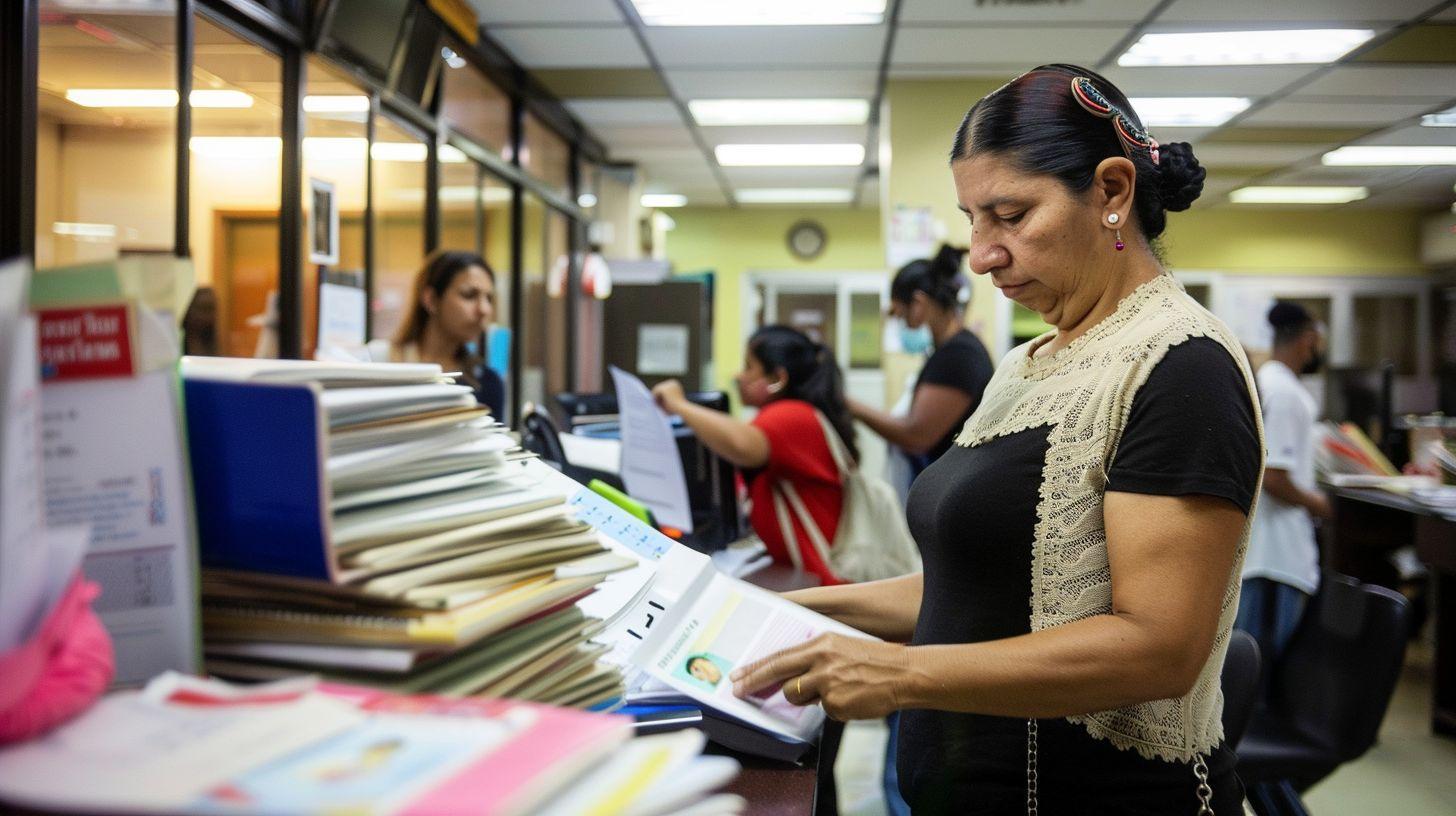
To enter Costa Rica, expatriates must first understand the visa process. The Costa Rican consulate in your country of origin is the starting point for applying for a visa. Depending on your reason to travel—whether it be work, study, or tourism—the type of visa you’ll need varies.
For most travelers looking to stay briefly and explore the beauty of Costa Rica, a tourist visa allows them to live in Costa Rica for a specific time frame without engaging in employment.
Expatriates aiming to work or reside longer in this vibrant country might require a provisional visa from a Costa Rican consulate before arriving. This step is crucial as it paves the way to obtaining either temporary or permanent residency later on, depending on one’s plans to stay in Costa Rica.
Each application demands proof like a valid passport and possibly additional documents such as birth certificates or marriage certificates authenticated with an apostille seal if coming from certain countries.
Engaging directly with immigration services and seeking legal advice ensures that all paperwork aligns with requirements set by the Dirección General de Migración y Extranjería (General Directorate of Migration and Immigration) and avoids any unnecessary complications during your journey toward living in Costa Rica.
Exploring Costa Rican Residency

The journey to becoming a resident of Costa Rica starts with obtaining temporary residency, a crucial step that opens the door to eventual permanent residence. For expatriates dreaming of life in this biodiverse paradise, grasping the residency process is essential.
Temporary residents must wait three years before they can apply for permanent status, adhering to specific requirements such as not working for a Costa Rican company or receiving a salary within Costa Rica during this period.
This rule underscores the importance of understanding and preparing for financial sustainability without local employment income.
Applicants keen on making Costa Rica their home are required to handle the intricacies of immigration laws carefully. It involves securing a residence permit which allows them, along with dependent family members like spouses or children, to live legally in the country.
Before receiving their DIMEX card—a pivotal ID for residents—applicants may leave and re-enter Costa Rica but must meet tourist requirements upon return until official residency is established.
Following approval, new residents focus on finalizing essential steps like applying for driving privileges conversion through scheduled appointments—an important milestone towards full integration into Costa Rican society and enjoyment of its rich culture and vibrant communities.
Temporary Residency in Costa Rica
Applying for temporary residency in Costa Rica offers a path to remain in the country for those not ready or eligible for permanent status. This type involves a processing time of about 10 to 12 months until approval.
Key to this application process is the fact that it bars the principal applicant from holding employment with a Costa Rican company and receiving a local salary during their stay under this category.
Expatriates must consider this when planning their move, ensuring they have sufficient funds or income sources from outside Costa Rica.
After living under temporary residency status, expatriates can then apply to change their status to permanent residency, which grants them the freedom to work within Costa Rica.
This opportunity opens up after completing three years of residence under the temporary program. Furthermore, applicants can include their dependents such as spouses or children in the initial application, making it simpler for families looking to move together.
This provision allows families to stay united while pursuing new opportunities and experiences in Costa Rica without having separate applications for each member.
Permanent Residency in Costa Rica
To obtain permanent residency in Costa Rica, close relatives of Costa Rican citizens, including parents and children under 18 or those with disabilities, must follow specific requirements.
The process starts at the Immigration Office of Costa Rica where one must submit their application. It is essential that all foreign documents are correctly annotated or legalized by the Costa Rican Consulate and verified by the Ministry of Foreign Affairs.
If these documents are not in Spanish, they require translation to comply with local regulations.
Before securing an appointment for documentation, applicants need to demonstrate employment with the Costa Rican Social Security Fund. This step ensures that immigrants contribute to and benefit from local social services.
Importantly, all transactions related to immigration applications are offered free of charge by Dirección General de Migración y Extranjería though certain taxes required by law apply.
This information clarifies what interested parties must do as they apply for permanent residency while promoting a smooth integration into Costa Rica’s social and legal systems.
Acquiring Costa Rican Citizenship

Acquiring Costa Rican citizenship marks the transition of becoming a full member of the community with rights to vote, work in Costa Rica without needing a separate permit, and hold a Costa Rican passport.
The process typically unfolds over ten to twelve months and is free from government fees, making it an appealing option for many. Applicants must pass written exams in Spanish and Social Studies, demonstrating proficiency in the language and knowledge of the country’s culture and history.
Quatro Legal has guided countless clients through this journey, leveraging close to two decades of experience in Costa Rica immigration law. The firm assists with preparing for the tests, managing residency requirements, and understanding every step toward achieving nationality.
This hands-on approach ensures that expatriates receive personalized support as they pursue obtaining citizenship, fully embracing their new identity as Cost Ricans.
Citizenship Through Marriage in Costa Rica
Foreign spouses of Costa Rican nationals have the opportunity to apply for citizenship after they have been married for at least two years and spent a minimum of two years in Costa Rica.
This process allows individuals who are married to Costa Ricans to deeply connect with the country by becoming citizens, granting them the same rights and responsibilities as native-born citizens.
The initial step toward this goal is obtaining temporary residency, which is valid for one year and can be renewed annually for up to three years.
During these initial years, applicants must go through various requirements set by the immigration department and civil registry of Costa Rica. They need a lawyer from Banco de Costa Rica or another recognized legal entity in the country to help manage their paperwork efficiently.
The journey includes background checks, proof of marriage validation, among other criteria established by Costa Rican authorities. It’s essential to know that getting residency through marriage takes about a year due to possible delays from expired documents leading to extra costs.
After fulfilling the necessary time frame and obligations, foreign spouses can finally achieve citizenship in this vibrant nation.
Citizenship Through Residency in Costa Rica

Gaining citizenship through residency in Costa Rica is an achievable path for many expatriates. To start, one must hold either temporary or permanent residency status for a duration of seven years if they come from an English-speaking country or five years for Spanish-speaking countries.
This timeframe is crucial as it shows commitment to residing in Costa Rica and adapting to its culture and community.
After meeting the residency requirement, applicants need to pass written exams in Spanish and Social Studies. These tests assess their integration into Costa Rican society and their understanding of the country’s language, history, and values.
Successful completion of these requirements leads to obtaining a Costa Rican ID card, marking a significant milestone in becoming a full-fledged citizen of this vibrant nation.
Conclusion
Understanding the differences between a Costa Rican visa, residency, and citizenship helps expatriates plan their journey in this beautiful country. A visa allows travel to Costa Rica for a short term.
Residency permits someone to live there longer, with certain conditions tied to work and family status. Citizenship offers full rights of a native, including the power to vote. Each step from obtaining a visa, moving on to residency, and finally achieving citizenship opens new doors for those looking to call Costa Rica home.
This process reflects commitment and ties deeper into the nation’s fabric
Disclaimer: The information provided in this blog post is for general informational purposes only and is not intended to constitute legal advice. While we strive to ensure the accuracy and timeliness of the content, laws and regulations are subject to change. For the most accurate and up-to-date information, please contact our office directly. Some images may be AI generated.
Get To Know Quatro Legal

We’re bringing empathy and excellence back to legal counseling. Quatro Legal is built on a bedrock of kindness, a passion for service, and a commitment to guiding you through your legal challenges with ease.
OUR SERVICES
EXPLORE BY
category
REAL
ESTATE
CORPORATE
COSTA RICA
LIFESTYLE
LABOR & EMPLOYMENT
CLIENT
TESTIMONIALS
FREE TRADE
REGIME
All Rights Reserved 2023 | Privacy

